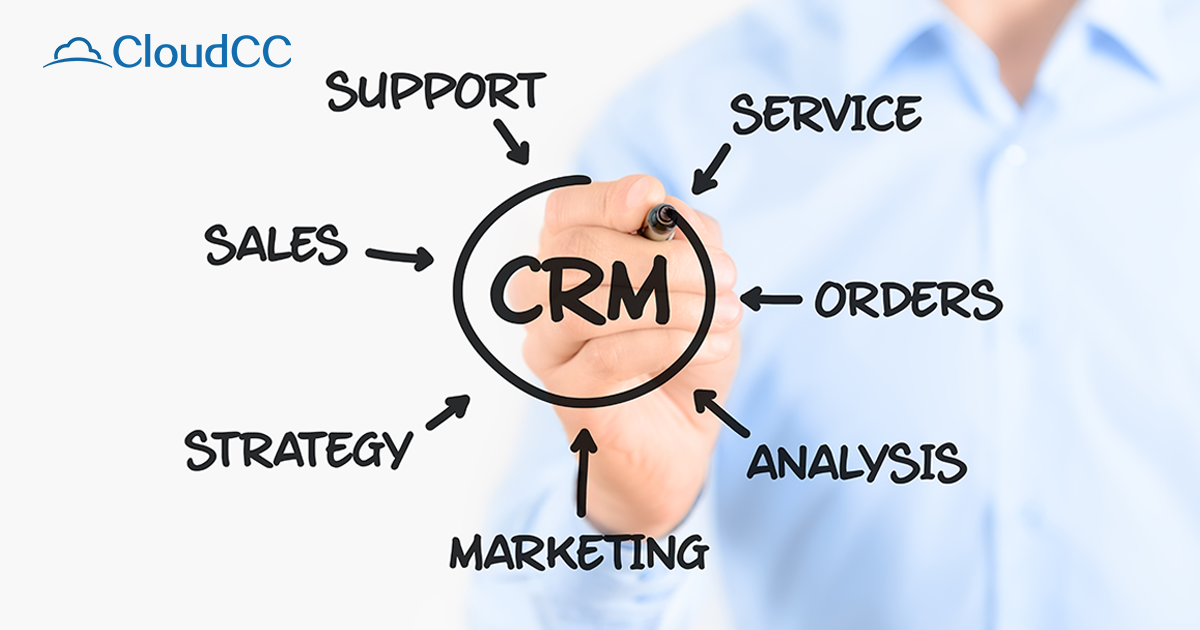
What is CRM System Software
September 4, 2025In today’s competitive digital marketplace, businesses of all sizes are turning to CRM system software as a vital tool for growth and customer engagement. But what exactly is a CRM system, and why has it become such an essential part of modern business operations?
Defining CRM System Software
CRM stands for Customer Relationship Management. At its core, CRM system software is designed to help organizations manage interactions with customers, streamline processes, and improve profitability. Instead of relying on scattered spreadsheets or fragmented tools, businesses use a CRM to centralize customer data—from contact details and communication history to purchase records and service requests.
Why Businesses Need CRM Systems
The primary goal of a CRM system is to build stronger relationships with customers. By collecting and organizing data in one place, companies gain a 360-degree view of their clients, making it easier to personalize communication, anticipate customer needs, and respond quickly to inquiries. Sales teams benefit from improved lead tracking, while marketing departments can run more targeted campaigns based on accurate data.
Key Features of CRM System Software
Modern CRM platforms offer far more than simple contact management. Common features include:
Lead and opportunity tracking – to identify and prioritize prospects.
Workflow automation – to reduce repetitive manual tasks.
Analytics and reporting – to measure performance and predict customer behavior.
Mobile access – to ensure teams can work effectively on the go.
Integration with other tools – such as email, social media, and collaboration platforms like Microsoft Teams.
CRM in 2025: Intelligence and Accessibility
Today’s CRM systems are smarter and more accessible than ever. With the rise of artificial intelligence (AI), many solutions now offer predictive lead scoring, automated recommendations, and real-time customer insights. Cloud-based platforms have also made CRM affordable for small and medium-sized businesses, allowing them to scale without heavy infrastructure costs.
Examples of Leading CRM Platforms
Well-known providers such as CloudCC and Zoho are shaping the CRM market with innovative features that focus on customer engagement, mobility, and AI-driven insights. Each platform varies in pricing and functionality, but the overarching goal remains the same: helping businesses nurture long-term customer loyalty.
The Bottom Line
A CRM system is no longer just a sales tool—it is a strategic asset that aligns sales, marketing, and customer service into one cohesive framework. By adopting CRM software, businesses can not only streamline operations but also foster deeper connections with customers in an increasingly digital world.
As customer expectations continue to rise, the role of CRM system software will only expand, making it one of the most valuable investments for businesses in 2025 and beyond.









